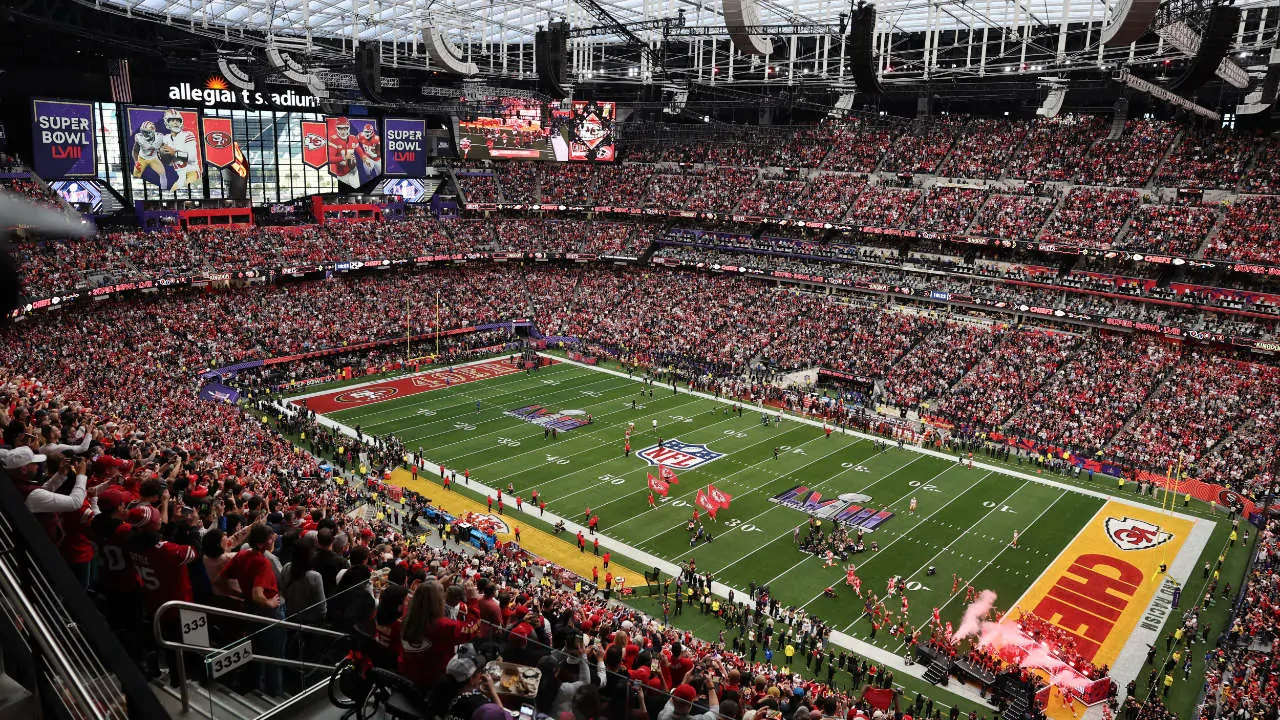The Super Bowl is more than just a football game. It’s an annual cultural event that captures the attention of millions across the United States. Held every year on the second Sunday of February, the Super Bowl crowns the NFL champion and is watched by over 100 million people worldwide.
But what happens the day after the big game? According to estimates, nearly 17 million Americans skip work or call in sick on the Monday following the Super Bowl. This has become such a widespread trend that many refer to it as Super Sick Monday.
Why does the Super Bowl have such an impact? For many fans, the game isn’t just about the sport—it’s about parties, food, drinks, and late-night celebrations. With kickoff times stretching into the evening and social gatherings going late, it’s no surprise that productivity drops the next day.
In fact, some employers have even suggested making the Monday after the Super Bowl a national holiday, recognizing the game’s powerful influence on work attendance. Whether you’re a die-hard football fan or just in it for the halftime show and snacks, the Super Bowl leaves a lasting impression long after the final whistle blows.
The combination of entertainment, tradition, and national unity makes the Super Bowl one of the most anticipated and influential events of the year—not just on Sunday, but also the day after. As long as the excitement continues, so will the calls for a little extra rest on Monday morning.
